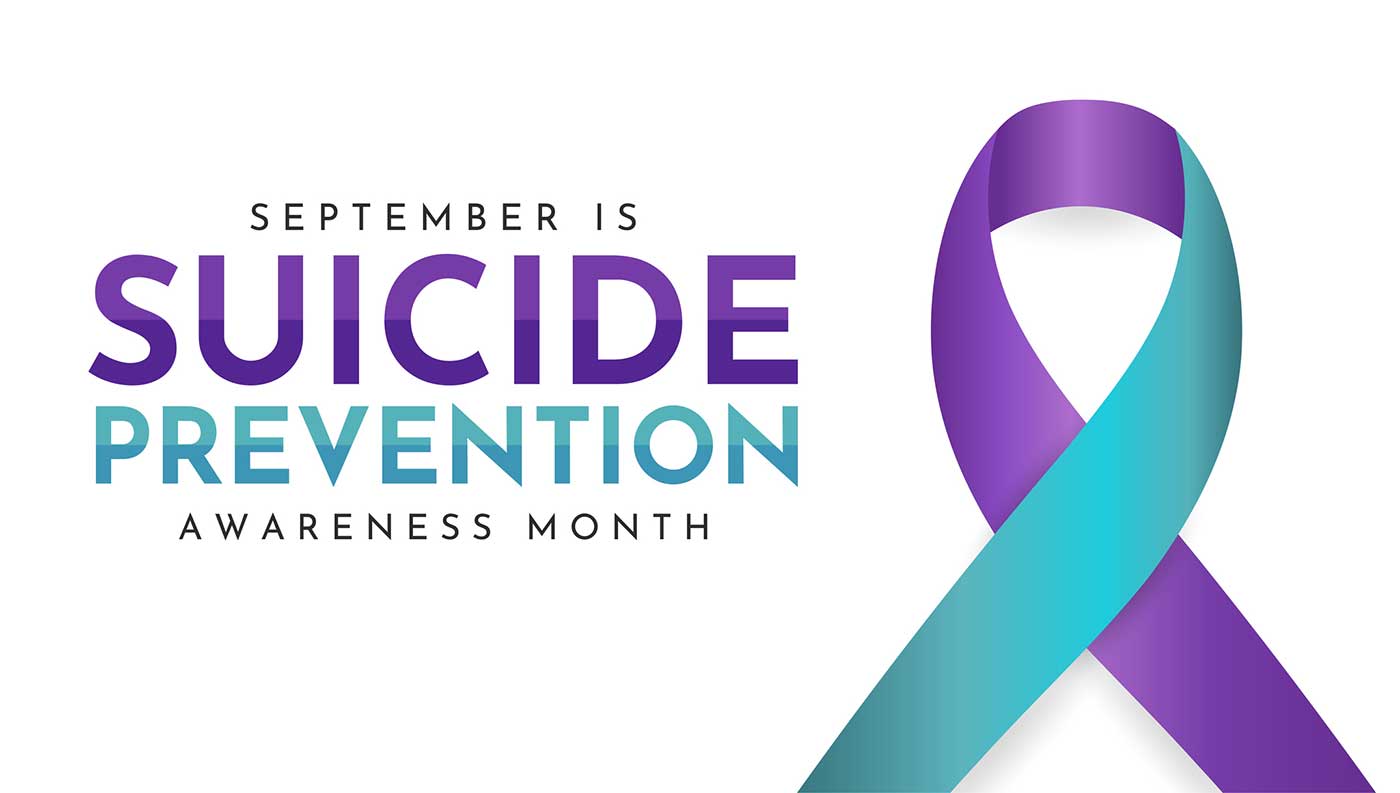As emergency room providers, you’re well aware of the obesity epidemic in the United States—and the increased risk of heart disease, stroke, type 2 diabetes and other serious health conditions associated with excess weight. In recent years, medications like Zepbound and Wegovy have garnered attention for their efficacy in aiding weight loss and reducing health risks. While these drugs offer positive benefits, they also carry potential side effects that could lead to serious complications requiring urgent medical attention.
Benefits of GLP-1 medications for weight loss
According to the Food and Drug Administration, medications like Zepbound (tirzepatide) and Wegovy (semaglutide) belong to a class of medications known as glucagon-like peptide-1 (GLP-1) receptor agonists. Originally developed to manage diabetes, these drugs have been repurposed for weight loss due to their ability to regulate appetite and promote satiety. When used as prescribed, they can indeed assist individuals in achieving significant weight reduction and improving metabolic parameters.
Severe Side Effects in the ED
While most individuals tolerate these GLP-1 medications well, it’s essential to remain vigilant for potential side effects that could necessitate medical intervention. The Ozempic and Wegovy websites list common adverse site effects including nausea, vomiting, diarrhea, and constipation. These symptoms, although uncomfortable, can resolve with time as the body adjusts to the medication.
However, it’s the less frequent yet more severe potential side effects that patients may present with in the emergency department. The JAMA article Risk of Gastrointestinal Adverse Events Associated With Glucagon-Like Peptide-1 Receptor Agonists for Weight Loss highlights an increased risk of serious complications such as pancreatitis, gastroparesis, and bowel obstruction for patients taking these medications. In addition, a Frontiers in Endocrinology study identified some correlation between GLP-1 receptor agonists and acute kidney injury (AKI). While more studies are needed to confirm these results, emergency department providers should keep this potential side effect in mind especially if patients taking these medications are at high renal risk.
As always it’s essential to consider potential drug interactions and contraindications, especially in patients with pre-existing medical conditions such as cardiovascular disease. Close monitoring of vital signs, fluid status, and laboratory parameters can aid in early detection of complications and guide appropriate management strategies.
Recap
While medications like Zepbound and Wegovy offer promising outcomes in weight management, it’s crucial to recognize and address the potential side effects and emergencies associated with these medications. As emergency room providers, your vigilance and expertise are instrumental in safeguarding patient well-being and mitigating adverse outcomes. By remaining informed and prepared to manage these complexities, you can ensure the safe and effective care of individuals utilizing GLP-1 weight loss drugs in pursuit of improved health and wellness.






Responses